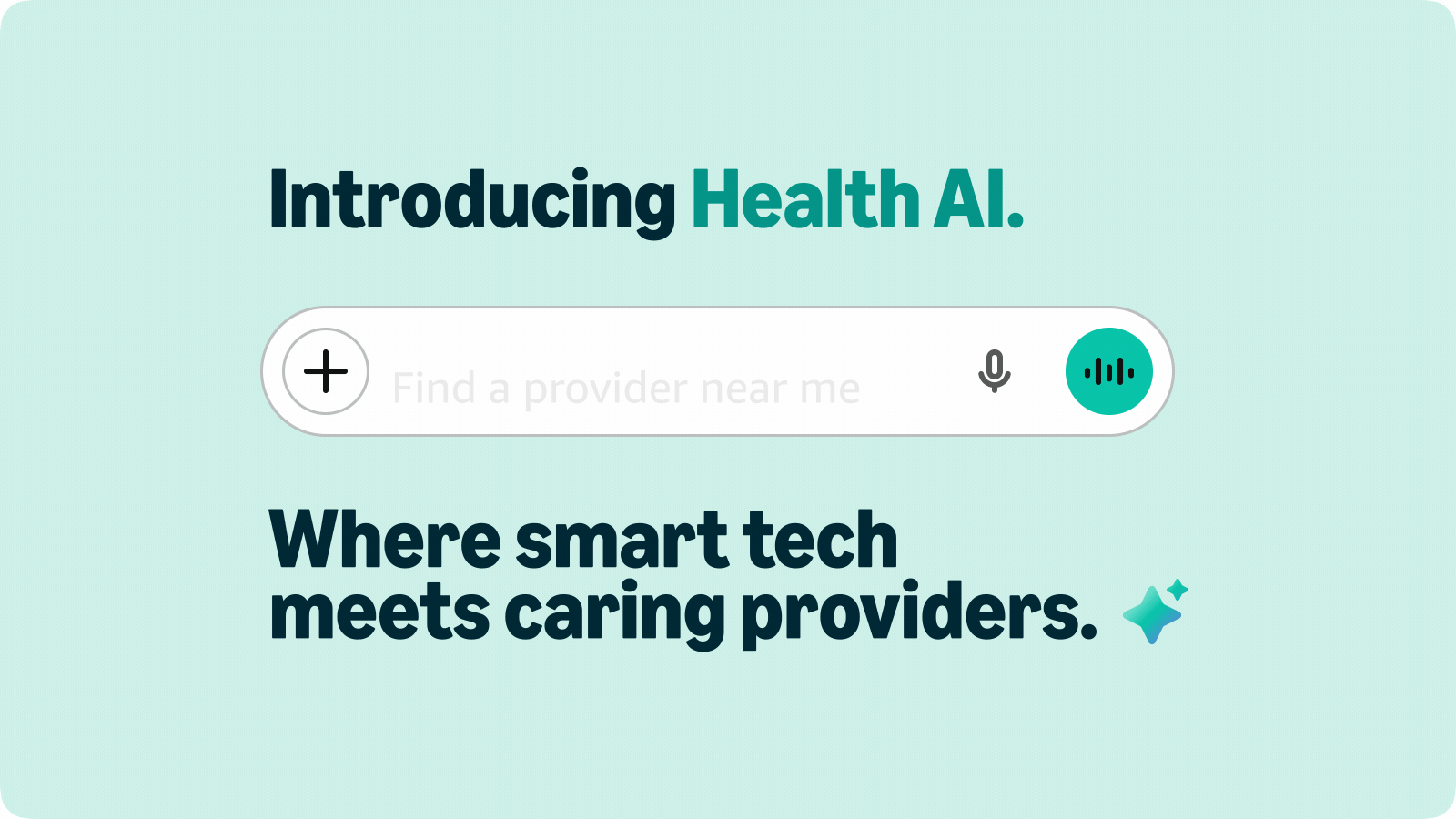Missed referrals represent a major, recurring cause of revenue leakage for providers and delays in access to care for patients.
When a physician refers a patient to a specialist, the ideal outcome is a prompt appointment and clear documentation that flows back to the referring provider. This “closed referral loop” is essential for patient safety, as the referral process is often a vulnerable point in the care journey.
However, health systems often fall short of the “ideal” when it
Read More
Health IT & Digital Health-Opinion | Op-Eds | Guest Columns | Analysis, Insights - HIT Consultant
Why AI Fails in Fragmented Systems: A 2026 Guide for Healthcare Leaders
Healthcare organizations have spent the past decade layering on digital tools in the name of patient engagement. What began with portals and messaging systems has expanded to include scheduling, digital forms, reminders, and payments. But in many practices, these solutions were implemented one by one, often from different vendors and with little thought for how they work together. The result is a disconnected patient experience and an operational burden for staff.
Fragmentation shows up in
Read More
The $20B Opportunity: Transforming Unused Health Data into a Strategic Asset
Healthcare's digital transformation has generated an unprecedented volume of information: 65 zettabytes and counting. Yet despite this abundance of data, most health systems are struggling to translate it into real value. In fact, 97% of existing health data goes unused. The issue is not a lack of data, but the absence of a foundation that makes data trustworthy, connected and ready to act upon.
Solving these long-standing challenges is what will allow data to shift from a liability into one
Read More
Stewardship, Not Surveillance: Bridging the Gap Between Clinical Autonomy and Oversight
The balance between independent medical judgment and organizational governance defines much of modern healthcare’s internal tension, an ongoing challenge born of both inevitable macro factors and, crucially, avoidable workplace conflict. Physicians pursue diagnostic and therapeutic precision through individualized decision-making, while administrative bodies enforce consistency, fiscal accountability, and compliance with regulatory standards.
As healthcare systems grow more complex and
Read More
Are Biofeedback Devices the Key to Stopping Senior Stress?
Stress doesn’t discriminate by age, but its impact can be especially profound for seniors.
Chronic stress has been linked to everything from weakened immune systems to cognitive decline. Yet, solutions often fall short of addressing the unique needs of this demographic. Enter biofeedback devices: wearable tools that measure physiological responses like heart rate variability, skin temperature, and muscle tension to provide real-time insights into stress. These devices hold immense
Read More
The End of the Guessing Game: Why Primary Care is Finally Ready for Pharmacogenomics
Pharmacogenomics, also referred to as PGx, is the use of a patient’s genetic makeup to guide safer, more effective medication choices and dosing in everyday clinical practice, including primary care. Although it has emerged as an essential and evidence-based tool in the primary care toolbox, its widespread adoption remains slow.
After more than 30 years in family medicine, I’ve watched every major clinical innovation face early skepticism – from electronic medical records to laparoscopic and
Read More
The Great Unbundling is Over: Why Healthcare’s “Point Solution” Era is Dead
We have reached point solution fatigue. The future of health care transformation depends on integrated platforms.
Have you ever wondered what happens once a patient’s insurance card is scanned at their doctor’s office? The answer: a lot.
Each time a patient visits a doctor, it sets off a cascade of behind-the-scenes work. These critical “back-of-house” tasks include patient
Read More
Hepatitis B Reform Should Start with Maternal Care
The Advisory Committee on Immunization Practices’ decision to move away from recommending the universal hepatitis B at birth is being framed as a scheduling change, but it exposes a deeper problem: for more than 30 years, the United States relied on vaccinating millions of low-risk infants instead of building system that identified and cared for the small number of women who along with their babies were truly were at risk. This was performative compassion—a universal policy that looked equitable
Read More
Analysis: Amazon One Medical’s Health AI Assistant—Agentic Care or Algorithmic Gatekeeping?
What You Should Know
- Amazon One Medical has launched Health AI, an agentic assistant integrated into the One Medical app that provides 24/7 personalized health guidance grounded in a member's unique medical history.
- The tool goes beyond generic search by explaining lab results, managing medications, and booking appointments, while utilizing clinical guardrails to seamlessly connect members to human providers when medical expertise is required.
The Technical Stack: Agentic AI
Read More
Why Social Capital is the Missing Lever for 2026 Healthcare Efficiency
My grim (and not-so-bold) prediction for the year ahead: Cost challenges will dominate leadership meetings throughout the year. My recommendation: Don’t let cost reduction be the only response. Instead, consider how building social capital can help organizations improve efficiency while also improving quality.
The financial pressures on organizations throughout healthcare are already intense, and only likely to worsen. Many providers and payers are running financial
Read More










